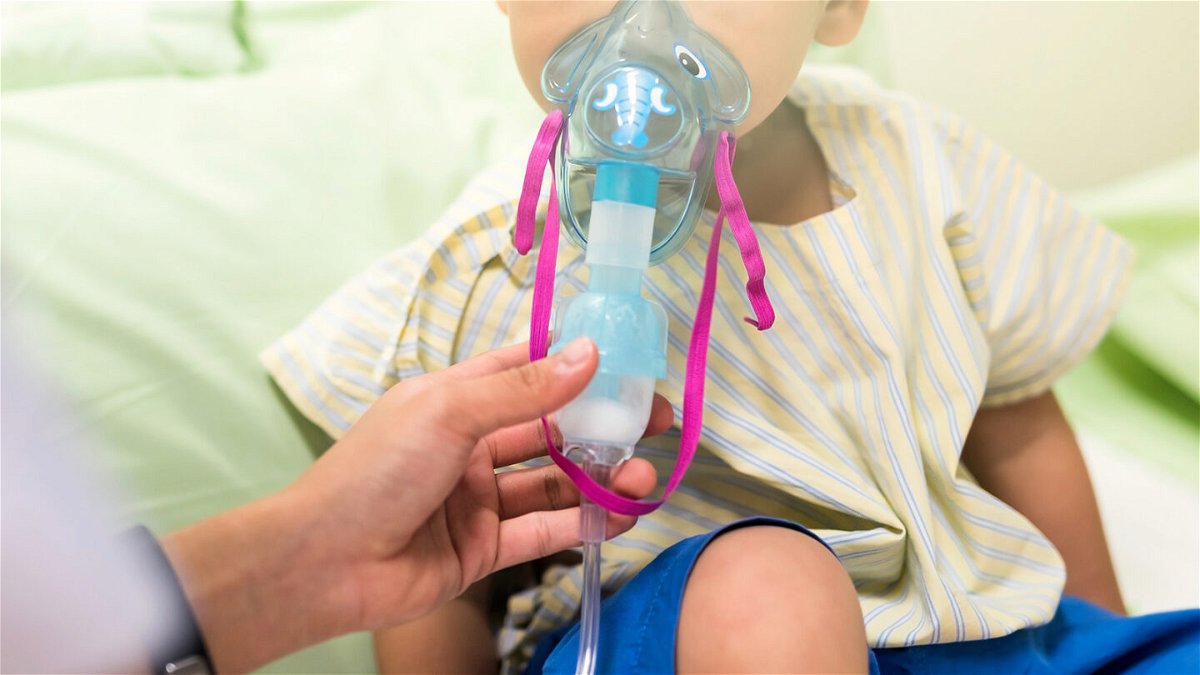FDA to review preventative option for RSV in infants, developers say

The US Food and Drug Administration is reviewing Nirsevimab
By Jacqueline Howard, CNN
The US Food and Drug Administration has accepted a biologics license application for a long-acting antibody for the prevention of lower respiratory tract infections caused by the respiratory syncytial virus, according to the developers of the antibody. If approved, it could be available for use in some infants and toddlers later this year.
The pharmaceutical companies AstraZeneca and Sanofi, which developed the therapy nirsevimab, announced Thursday that the FDA “has indicated it will work to expedite its review” and could take action in the third quarter of this year.
Nirsevimab, administered as a single dose, is the first-of-its-kind antibody to offer some protection against RSV for all infants in their first year of life.
If the FDA approves nirsevimab in the third quarter, the antibody could be available in the United States for the 2023-2024 RSV season for the prevention of RSV in newborns and infants who will be entering their first RSV season, and for children up to 24 months old who are vulnerable to severe illness for their second RSV season. This current RSV season, the virus has overwhelmed pediatric hospitals all around the US.
“This decision brings us a step closer to delivering a first-in-class preventative option for a broad infant population in the US. If approved, we believe nirsevimab may transform the medical community’s approach to respiratory syncytial virus prevention in infants and we are committed to working with the FDA to support completion of the review as quickly as possible,” Iskra Reic, executive vice president of Vaccines and Immune Therapies at AstraZeneca, said in the companies’ announcement.
The biologics license application includes data from a Phase 3 trial on nirsevimab, published in the New England Journal of Medicine, that found RSV infections requiring medical attention occurred in 1.2% of infants who received nirsevimab compared with 5% of infants who were given a placebo, which corresponds to an efficacy of 74.5%. No safety concerns were identified.
In November, nirsevimab was granted marketing authorization in the European Union, and additional regulatory submissions for nirsevimab are underway around the world, according to AstraZeneca and Sanofi.
Nearly every child gets RSV prior to the age of 2, according to the US Centers for Disease Control and Prevention. While it can often be a milder respiratory infection for many children and most adults, studies show it is still a leading cause of hospitalization in all infants. There is no vaccine available to prevent RSV.
Globally, in 2019 alone, there were 33 million cases and more than 3.6 million hospitalizations, according to a 2022 study published in the Lancet. It’s estimated there were 26,300 in-hospital RSV deaths of children younger than age five and 101,400 deaths overall.
The-CNN-Wire
™ & © 2023 Cable News Network, Inc., a Warner Bros. Discovery Company. All rights reserved.
CNN’s Jen Christensen contributed to this report.
